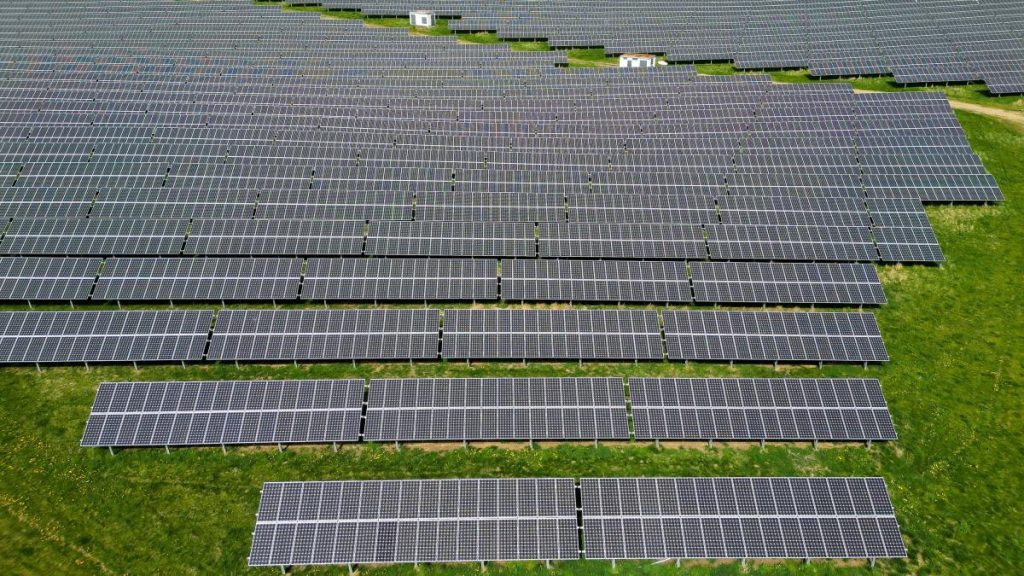Renewable energies covered around 56 percent of Germany’s electricity consumption in the first quarter of 2024, according to estimates from the Center for Solar Energy and Hydrogen Research Baden-Württemberg (ZSW) and the Federal Association of Energy and Water Management (BDEW). Renewable energy sources generated approximately 75.9 billion kilowatt hours of electricity from January to March, an increase of around nine percent compared to the previous year. Land-based wind turbines alone covered more than a quarter of Germany’s electricity demand with 39.4 billion kilowatt hours. Additionally, hydropower contributed significantly, generating 5.3 billion kilowatt hours during the same period, a 27 percent increase from the previous year, covering four percent of Germany’s gross electricity consumption.
“The steadily increasing share of renewable energies in electricity consumption shows that we are on the right track,” said Kerstin Andreae, Chair of the BDEW Executive Board. The expansion of renewable energies has seen significant growth recently, which is reflected in the current levels of electricity generation. However, Andreae emphasized that more efforts are needed to achieve climate goals. Despite the positive progress, additional measures are necessary to further increase the share of renewables in the energy mix and reduce greenhouse gas emissions.
The increase in renewable energy production is a positive sign for Germany’s energy transition and efforts to combat climate change. The transition towards renewable sources such as wind and hydropower is essential for reducing reliance on fossil fuels and lowering carbon emissions. Germany’s commitment to sustainable energy is evident in the significant contribution of renewable sources to the country’s electricity consumption, highlighting the country’s progress towards a greener energy mix. The government’s support for renewable energy projects and initiatives has been crucial in driving this transition towards a more sustainable future.
In addition to wind and hydropower, solar energy also plays a significant role in Germany’s renewable energy landscape. Solar power generation capacity has been growing steadily in recent years, contributing to the overall increase in renewable energy production. The development of solar energy infrastructure and technology has been a key focus of Germany’s energy policy, aiming to further boost solar power capacity and enhance the country’s energy security. The successful integration of solar power into Germany’s energy mix demonstrates the potential for further growth in renewable energy production.
The achievement of covering 56 percent of electricity consumption with renewable sources in the first quarter of 2024 is an important milestone in Germany’s energy transition. The continued growth of renewable energies, particularly wind, hydropower, and solar, demonstrates the effectiveness of the country’s renewable energy policies and investments. The positive impact of renewable energy on reducing carbon emissions and promoting sustainability is evident in the significant contribution of renewables to Germany’s electricity supply. As Germany continues to advance its energy transition, further efforts and investments will be crucial to accelerate the growth of renewable energy sources and achieve long-term climate goals.


